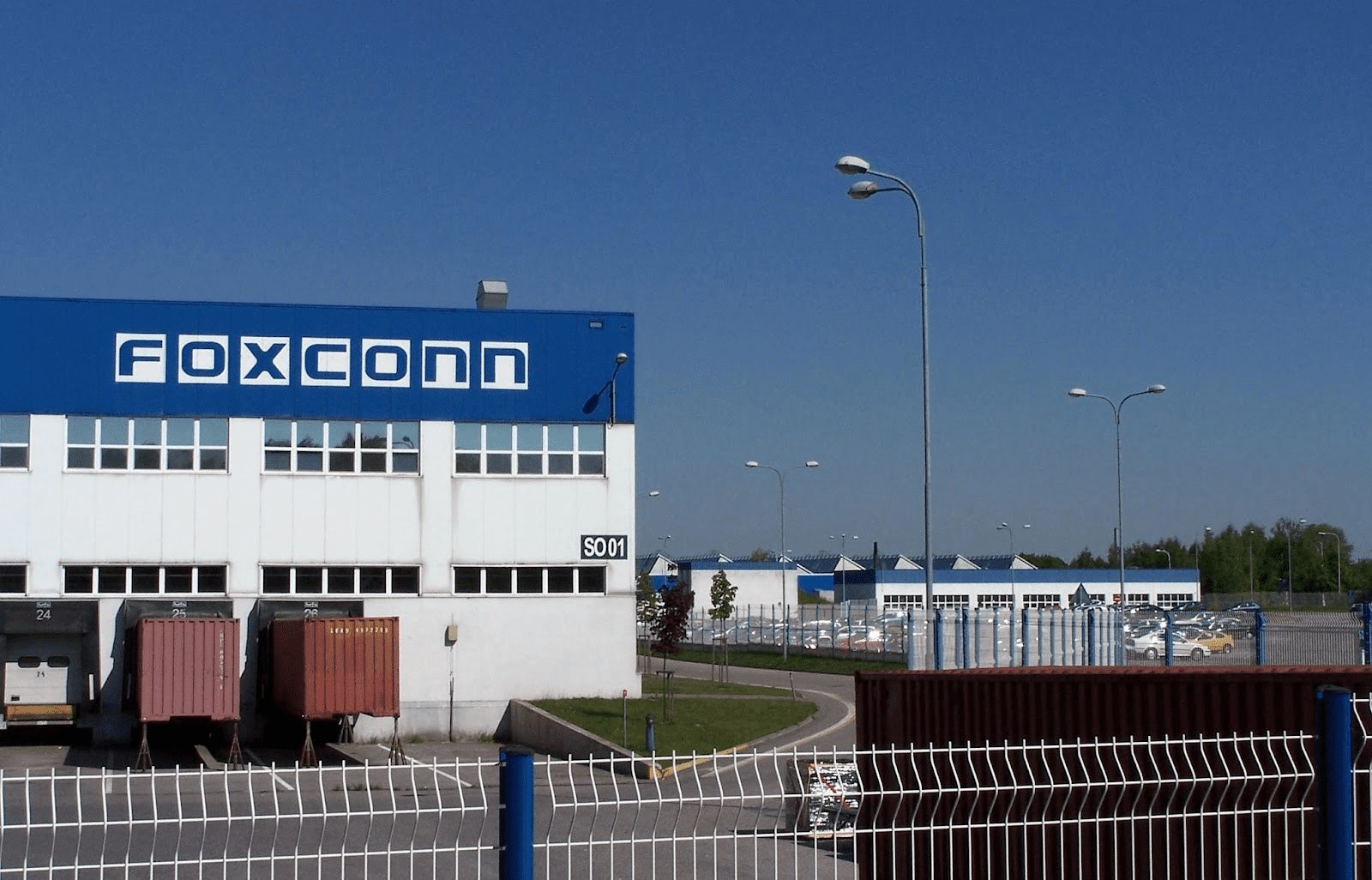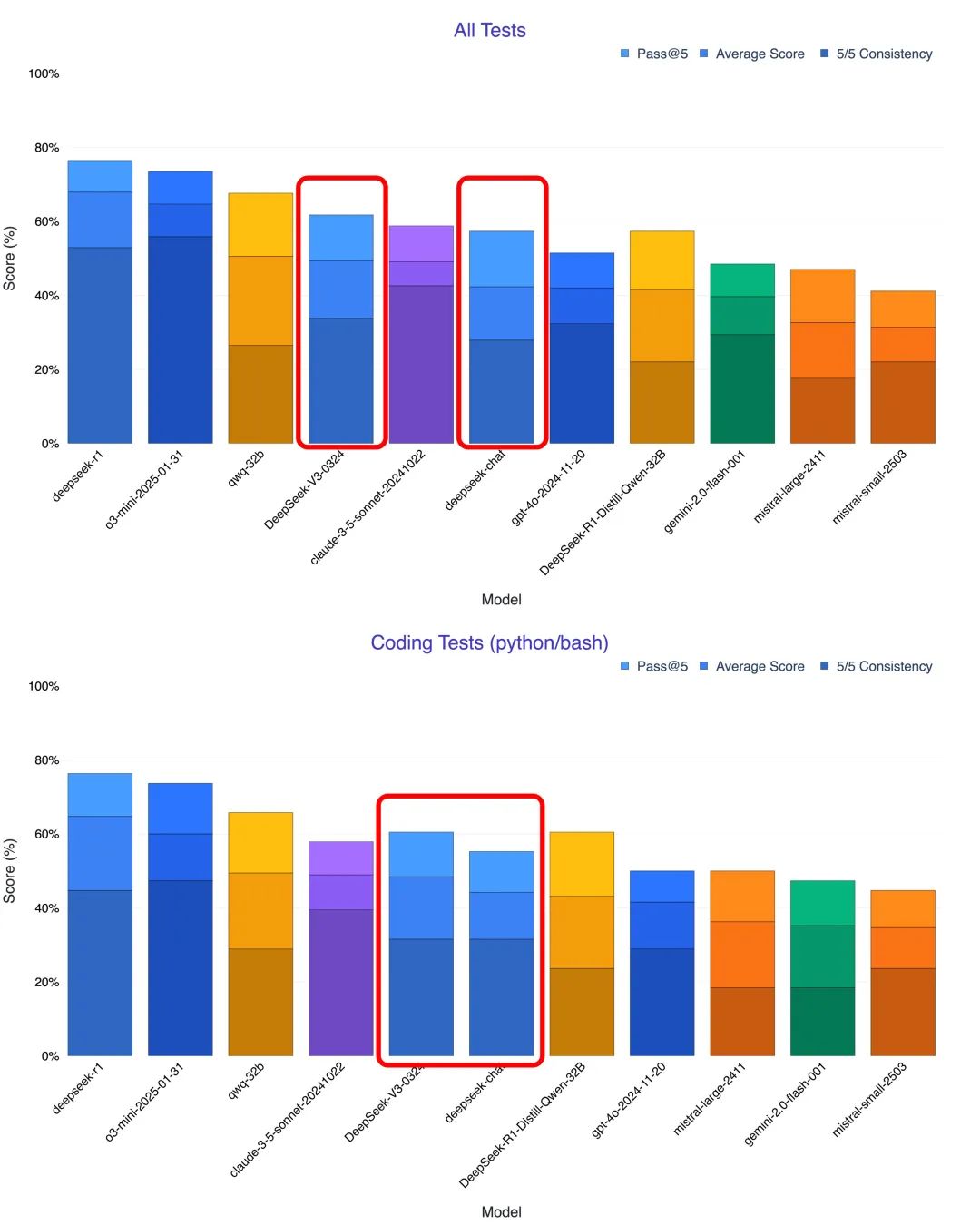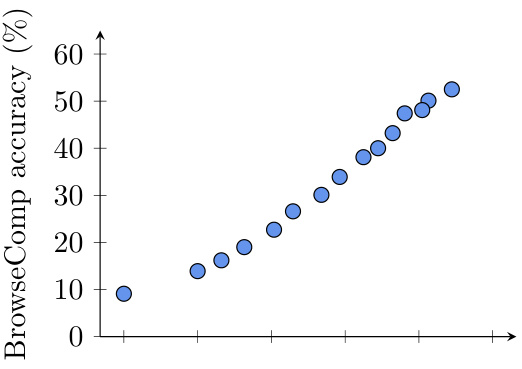Taiwan's Foxconn has concerns about AI chip shortage, but remains optimistic for 2024
Taiwan's electronics industry giant Foxconn, a key part of Apple's supply chain, has recently demonstrated a cautiously optimistic outlook for 2024. Despite facing potential difficulties such as a possible shortage of AI chips, a shortage that is critical to many technologies, Foxconn's expectations show a resilient and positively forward-thinking approach to the complexities of the global tech landscape.
This development highlights Foxconn's strategic adaptability and key role in the electronics manufacturing industry, and bodes well for broader industry trends and challenges in the year ahead.
A glimpse into Foxconn's 2024 outlook

Foxconn, known as Hon Hai Precision Industry Co, is a major pillar of the global electronics manufacturing sector, known for assembling Apple's iPhones and other top-notch electronic devices. The company's recent statements reveal a mixture of caution and optimism. On the one hand, Foxconn expects financial performance in 2024 to be "slightly better" than this year's, thanks to diversified business expansion and strategic expansion into areas such as electric vehicles and digital health.
However, this positive outlook is balanced by warnings of a potential shortage of AI chips, a core component that powers everything from consumer electronics to advanced computing systems. The projected shortage of these chips underscores the huge demand for AI technology across a wide range of industries, outstripping the supply capacity of the current supply chain. Foxconn's chairman, Yangwei Liu, emphasized the need for preparedness to address these challenges and highlighted the company's efforts to cope with the uncertain environment.
AI chip shortage: a growing concern
The shortage of AI chips is severely hindering technological progress and innovation. These chips, customized for AI tasks such as machine learning and data processing, are critical for the development of AI-powered products and services. Rapidly evolving technologies such as self-driving vehicles, smart devices, and automated industrial systems are driving the demand for AI capabilities by leaps and bounds. And shortages of these critical components could slow innovation and increase production costs, with consequences for companies and consumers alike.
Foxconn's warning reveals the complex inner workings of the tech industry's supply chain. The company's proactive stance in addressing these challenges reflects an industry-wide posture of working together to mitigate the impact of the chip shortage. Manufacturers and stakeholders are pursuing different strategies, including expanding production capacity, diversifying sources of supply, and investing in alternative technologies with a view to bridging the gap between supply and demand.
Navigating the future through strategic alignment
As Foxconn prepares for a potentially challenging year ahead, the company has adopted a multi-faceted strategy to cushion potential uncertainties. Diversification has become a key strategic direction, and Foxconn has expanded its business footprint beyond traditional electronics manufacturing. Investments in electric vehicles, digital health and renewable energy are expected to create new revenue streams and reduce dependence on a single market.
In addition, Foxconn places a high priority on preparedness and flexibility, underscoring the importance of adaptive strategies in the technology industry. The company's ability to see and respond proactively to emerging trends and challenges is critical to maintaining its competitive advantage and supporting the broader ecosystem's resilience to supply chain disruptions.
summarize
Foxconn's outlook for 2024 coalesces the complexities and potential opportunities facing the global technology industry. While the forecast demonstrates a cautious optimism, the shortage of AI chips undoubtedly poses a major challenge that requires a concerted and thoughtful response from all of society. As companies such as Foxconn navigate these treacherous waters, their contingency strategies will determine the path of technological innovation and the ability of the industry as a whole to meet the growing demand for AI solutions. The current state of affairs calls for a robust response that is both optimistic and must remain pragmatic in order to capitalize on the opportunities of the digital age and properly address the challenges it presents.
© Copyright notes
Article copyright AI Sharing Circle All, please do not reproduce without permission.
Related posts

No comments...




